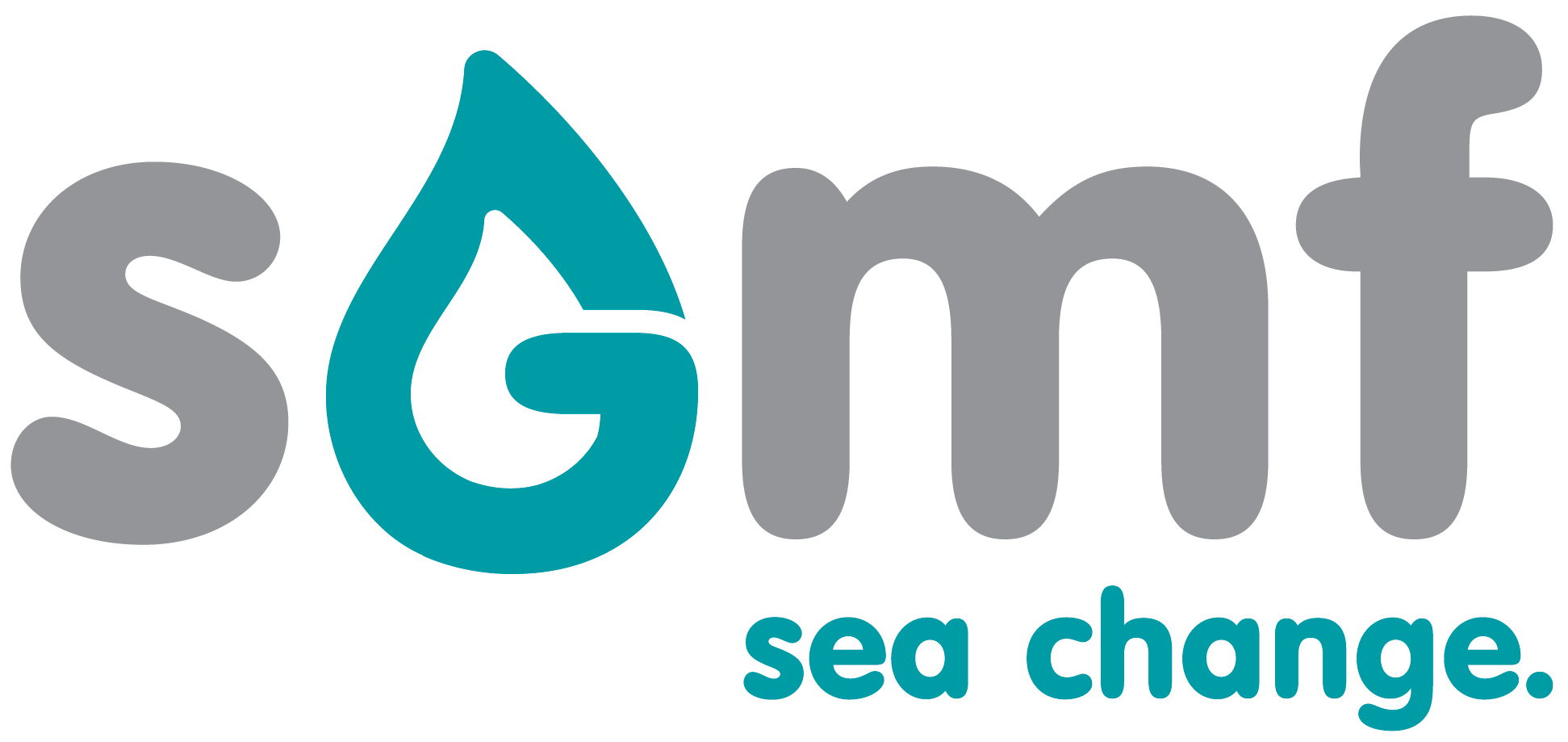We are SGMF, leading safe maritime decarbonisation.
SGMF is a non-governmental organisation committed to advancing safety and best practices in the utilisation of low and zero carbon marine fuels. As a membership-based and not-for-profit entity, SGMF endeavours to promote the safe and sustainable use of low and zero carbon marine fuels. Its primary mission involves developing, gathering, and disseminating industry-leading guidance to encourage responsible operations with low and zero carbon marine fuels in the maritime sector.
Since it was established in 2013, SGMF has been a pioneer in shaping the industry’s approach to methane/LNG. At present, its mandate encompasses a variety of new low and zero carbon marine fuels, providing guidance for the use of methanol, ammonia, and hydrogen. This expansion aligns with the evolving landscape of the marine fuel mix.
Here you will find a number of free resources to help to facilitate the transition towards a more sustainable future.
4 Free Resources Found
| sort | content |
|---|---|

SGMF and the maritime transition to net zeroIn SGMF’s work on low and zero carbon marine fuels, we’ve been examining every aspect of their use on ships. Our aim: to provide shipping with safety and environmentally responsible practices for the transition to marine net zero in the coming years SGMF can not tell you what fuel to use, but whatever decision you make, SGMF is there to provide the necessary documents and guidance to make a safe and sustainable decision. Read more about the work SGMF is doing in this article, written by our Principal Advisor, Gianpaolo Benedetti. |
|

Navigating Green Seas-Emissions from Marine Fuels_March2024Navigating Green Seas: Addressing Emissions from Low and Zero Carbon Marine Fuels sets out SGMF’s position on This paper provides a high-level summary of the principal greenhouse gases (GHG) and pollutants linked to the use of methane/liquefied natural gas (LNG), methanol, ammonia, and hydrogen, discussing their implications for both the environment and human health. In summary, the commitments to mitigate the effects of these fuels include a no-emission approach, addressing all GHG and pollutant emissions, adopting energy-efficient practices, identifying, and measuring emissions, enhancing vessel design, and continuous improvement in onboard practices. |
|

Hoses - Handling and Manoeuvring DOs and DON’Ts_SpanishHoses - Handling and Manoeuvring DOs and DON’Ts_Spanish |
|

Hoses - Handling and Manoeuvring DOs and DON’Ts_EnglishHoses - Handling and Manoeuvring DOs and DON’Ts_English |

